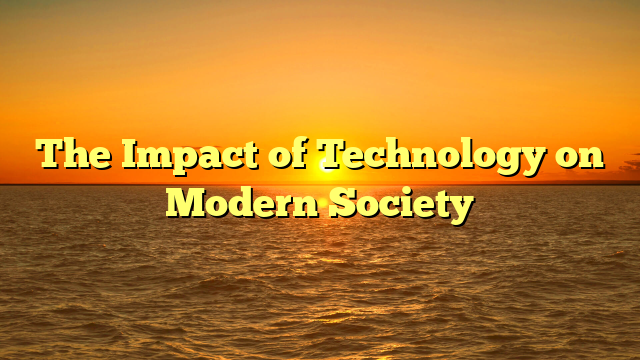Technology has become an inseparable part of human life, influencing almost every aspect of our daily routines. From communication and education to healthcare and business, technological advancements continue to reshape how we interact, learn, and grow. In recent decades, the pace of technological development has accelerated, creating opportunities as well as challenges for kingindo127 societies worldwide.
One of the most profound changes brought about by technology is in the field of communication. In the past, people relied on letters and landline telephones to stay connected. Today, instant messaging, video calls, and social media platforms enable real-time interaction across continents. This not only brings families and friends closer but also allows businesses to operate globally with greater efficiency. However, the ease of digital communication also raises concerns about privacy, misinformation, and overreliance on virtual interactions.
In education, technology has opened doors to new methods of learning. Online courses, e-books, and digital classrooms make education more accessible to people in remote or underprivileged areas. During the COVID-19 pandemic, for instance, online learning became a vital solution to continue education when schools were closed. While this shift highlights the flexibility of digital tools, it also emphasizes the digital divide—those without reliable internet access or modern devices face significant disadvantages compared to their peers.
Healthcare has also been revolutionized by technological innovation. Advanced diagnostic tools, telemedicine, and robotic surgeries have improved the quality and efficiency of medical care. Patients can now consult doctors online, reducing the need for physical visits and making healthcare more accessible. Moreover, wearable devices and mobile health applications help individuals monitor their fitness, heart rate, or sleep patterns, encouraging healthier lifestyles. Nevertheless, ethical questions remain regarding data security and the proper use of artificial intelligence in medical decisions.
The business world has seen remarkable transformation as well. Automation, artificial intelligence, and e-commerce platforms allow companies to streamline operations and reach broader audiences. Small businesses, in particular, benefit from digital marketing and online marketplaces that level the playing field with larger competitors. At the same time, automation has sparked debates about job displacement and the future of human labor in a technology-driven economy.
Despite these benefits, the rapid advancement of technology also brings challenges. Cybersecurity threats, such as hacking and identity theft, are on the rise. Social media addiction and excessive screen time have been linked to mental health issues, especially among young people. Moreover, the environmental impact of producing and disposing of electronic devices raises concerns about sustainability. Addressing these issues requires careful regulation, ethical use, and the development of greener technologies.
Looking ahead, emerging fields such as artificial intelligence, renewable energy, and biotechnology are expected to shape the future in unprecedented ways. These innovations hold great promise for solving global problems, from climate change to healthcare shortages. However, ensuring that the benefits of technology are shared equitably across different regions and social groups remains a pressing challenge.
In conclusion, technology is both a powerful tool and a double-edged sword. It has transformed communication, education, healthcare, and business, improving lives and creating opportunities. At the same time, it introduces new risks that society must manage responsibly. By fostering innovation while addressing ethical and social concerns, humanity can harness the full potential of technology to build a more connected, inclusive, and sustainable future.
